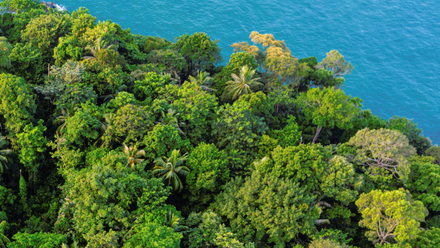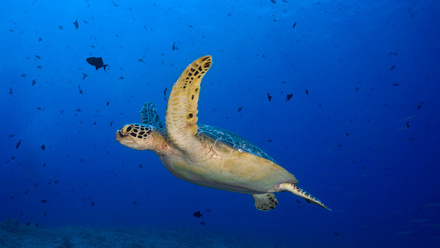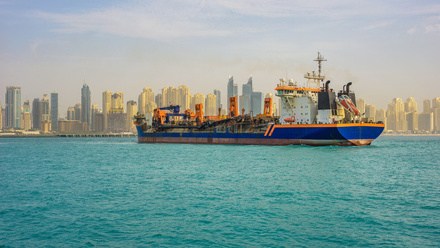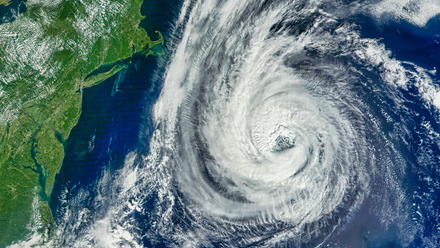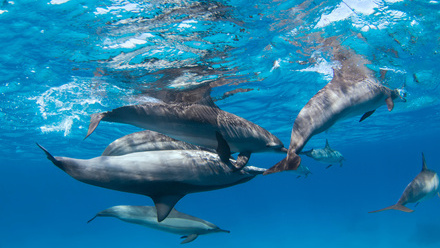Bringing the oceans to the classroom – Encounter Edu partners with Institute of Marine Engineering, Science & Technology
The Institute of Marine Engineering, Science & Technology (IMarEST) has partnered with Encounter Edu with the aim to introduce the oceans to 10 million young people by 2020.
Encounter Edu is an education agency providing children with immersive experiences that inspire a curiosity for the world and give them the skills needed to tackle some of the more pressing issues around them, such as ocean health, climate change and artificial intelligence. The organisation creates programmes relating to science, technology, engineering, maths and global citizenship which integrate virtual reality, virtual exchange and live broadcasts of expeditions, where students can ask explorers questions which are answered directly from the field!
These efforts complement the IMarEST’s Sea Your Future campaign, part of which focuses on ‘inspiring school-aged children with the unique opportunities available through marine-related careers and raising an awareness of the oceans and their significance to the survival of humanity and the planet.
With over 40% of the global population between the ages of 10-24, building young people’s empathy and understanding of citizenship issues will not only pique their interest but will trigger long-term engagement in making real change. Their learning is underpinned by an online curriculum of resources and training. Combined, these provide children with the experience and knowledge to develop as critical thinkers.
The IMarEST supported Encounter Edu’s most recent event, Submarine Live. The event allowed students to interact with Nekton Mission’s pioneering scientific expedition in the Seychelles’ ocean territory, which set out to collect the first data on marine life and ocean health in this region.
The Institute will also be supporting an upcoming Arctic Live expedition on 1 May 2019, which will be looking at the impact of ocean microplastics and ocean acidification. Teachers will be able to share this ongoing field work by researchers from the University of Exeter and Plymouth Marine Laboratory with their primary and secondary students through the age-differentiated broadcasts. Connecting online, students will be able to participate in interviews with experts, submit questions for the Ask-Me-Anything (AMA), and following the live investigations directly from the international research centre on Svalbard.

